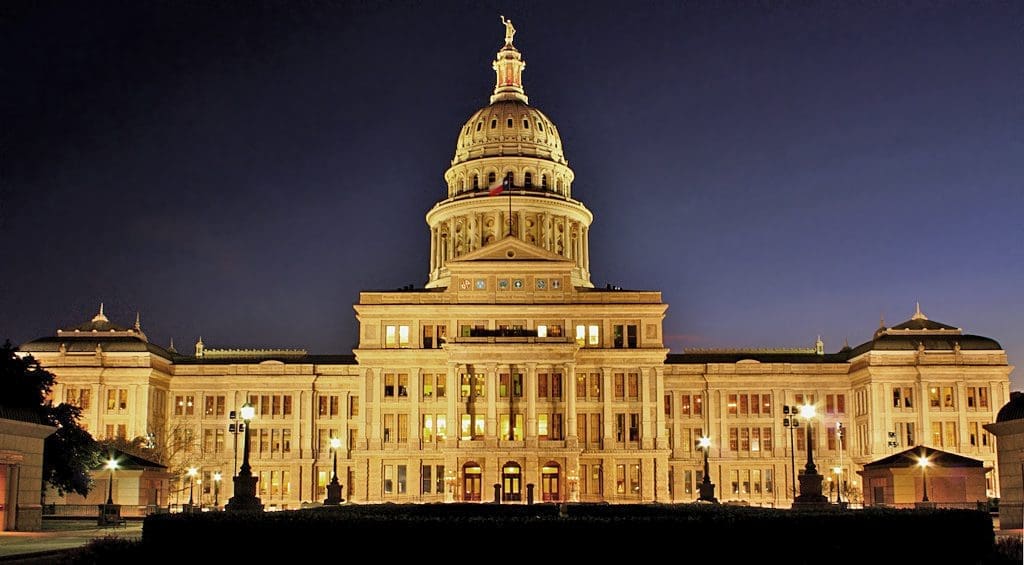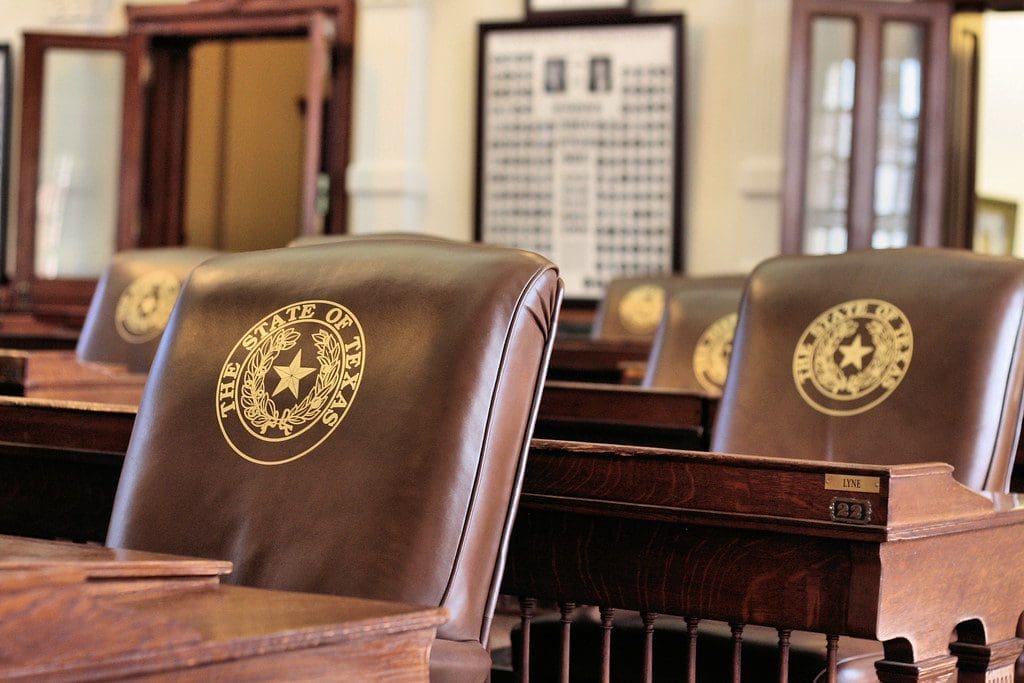As federal lawmakers contemplate additional financial payouts to state and local governments that have racked up massive budget deficits and are expected to pull in far less revenue as a result of their shutdown orders, a group of Republican lawmakers is pressuring President Donald Trump to prevent any additional aid from being used to reward poor fiscal stewardship.
On Thursday, U.S. Sen. Ted Cruz (R–TX) signed on to a letter authored by U.S. Sen. Rick Scott (R–FL) asking the Trump administration to prevent future Chinese coronavirus grants to the states from being used to bail out blue state pensions and deficits—something Scott writes is being rumored.
The text of the letter reads thusly:
“Dear Mr. President:
We write to thank your administration for taking bold steps to combat the Coronavirus and keep Americans safe. As our efforts to respond to – and ultimately defeat – the Coronavirus continue, state and local governments are at the front lines of this war. They are working tirelessly to protect our communities – an enormous task in this difficult time, and have received federal funding through the CARES Act specifically directed to aid in their efforts to keep families safe.
Unfortunately, we are hearing reports that some states and localities are advocating that a potential future Coronavirus response measure be used as a piggybank for unrelated expenses that have nothing to do with responding to the Coronavirus. As your administration works with Congress on any additional phases of Coronavirus response, we urge you to reject efforts by some states to use federal tax dollars for reasons unrelated to combatting Coronavirus. We believe additional money sent to the states for “lost revenue” or without appropriate safeguards will be used to bail out unfunded pensions, reward decades of state mismanagement, and incentivize states to become more reliant on federal taxpayers. Again, we are supportive of funding to respond to the Coronavirus and protect our frontline workers, but we cannot allow states and localities to get a blank check from American taxpayers to fund areas of their budget that have nothing to do with the Coronavirus.
States like New York are calling for billions in unrestricted aid — not just money for Coronavirus recovery, but for pre-existing state programs and debts. New York’s rainy day fund is one of the lowest in the nation, and the state owes over $450 billion in unfunded pension and post-employment benefits. Other states are in even worse shape. Illinois has already requested a $40 billion bailout, most of which would go to pension and budget shortfalls caused by decades of fiscal mismanagement.
And let’s not forget, this year’s federal budget deficit will be the largest in the history of our nation, in excess of the cumulative deficits for the first 200 years of our country’s existence. We will end the year with in excess of $25 trillion in federal debt.
Americans expect that their tax dollars will be used for Coronavirus response, not to backfill decades of bad fiscal policy. As we continue to work to help families across the nation, we respectfully ask that you to oppose bailouts for states.”
Scott’s letter—which features three other Republican lawmakers in addition to Cruz (Sens. Mike Enzi of Wyoming, Ron Johnson of Wisconsin, and Mike Lee of Utah)—follows an op-ed he published in The Wall Street Journal earlier this week.
Writing in the Journal, Scott notes his home state of Florida is “well-positioned to address the coming shortfall in revenue without a bailout.”
“The state may need to make some choices, which is what grown ups do in tough economic times. And if we need to borrow a small amount in the short term to get us through this, that borrowing will be cheaper thanks to our AAA bond rating and reduction in state debt,” he writes.
Texas is similar to Florida in that regard. While the legislature in Austin spent far too much money last session and will need to trim its budget, the state’s bond rating is top-notch and smaller than that of states like New York and California.
Texans have enough on their plate trying to hold their own elected officials accountable. Should the federal government decide to use tax dollars paid by Texans, Floridians, and other red states in order to prevent blue states from the consequences of their actions, they would prevent those paying the taxes from holding those benefiting from them accountable—and create a moral hazard whose bill will come due in the next crisis.
Texans should commend Cruz for standing with Scott in defense of their interest, federalism, and honest-to-goodness common sense.
And they should be asking their other advocate in the U.S. Senate, re-election-seeking Sen. John Cornyn, why he has yet to do the same.





